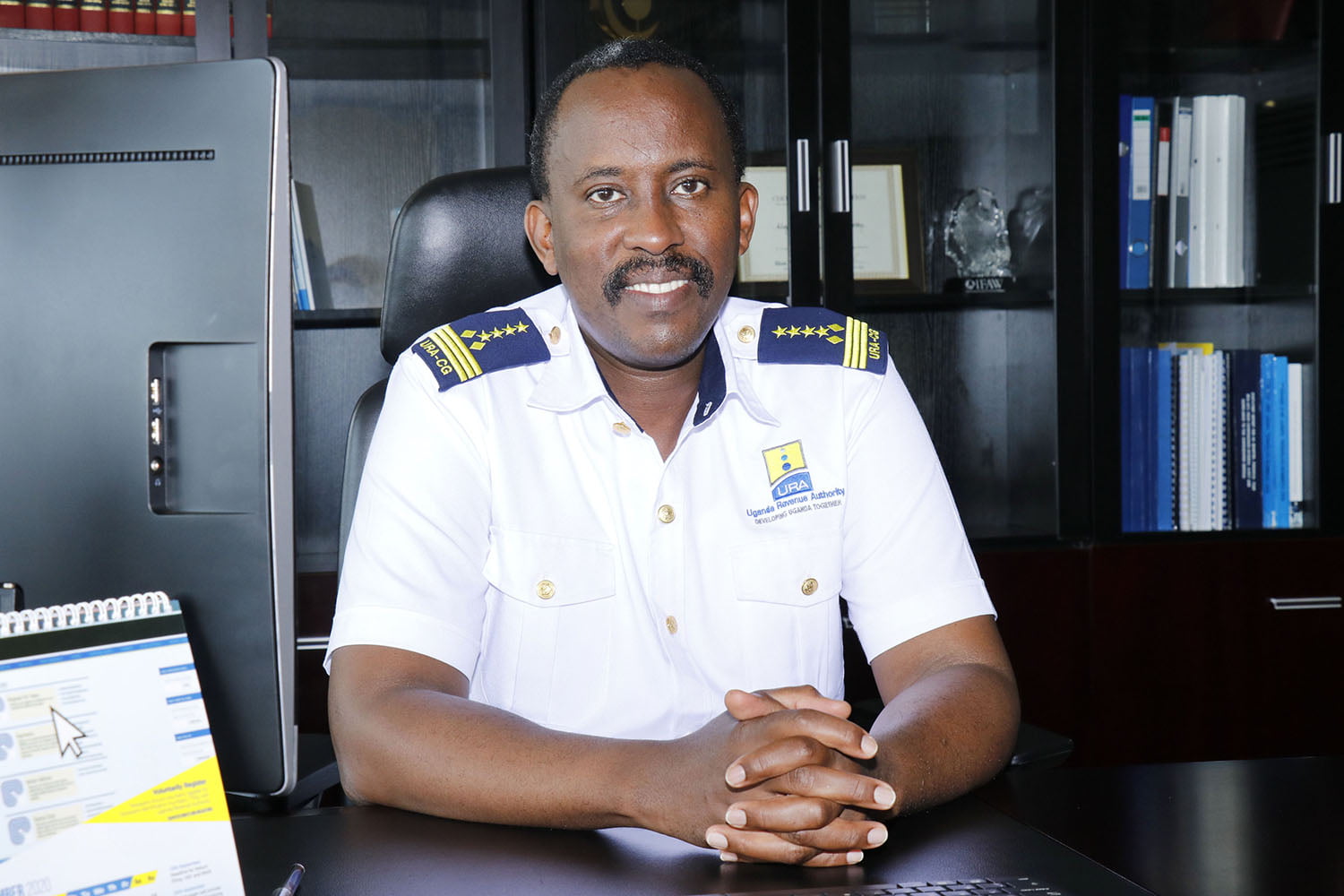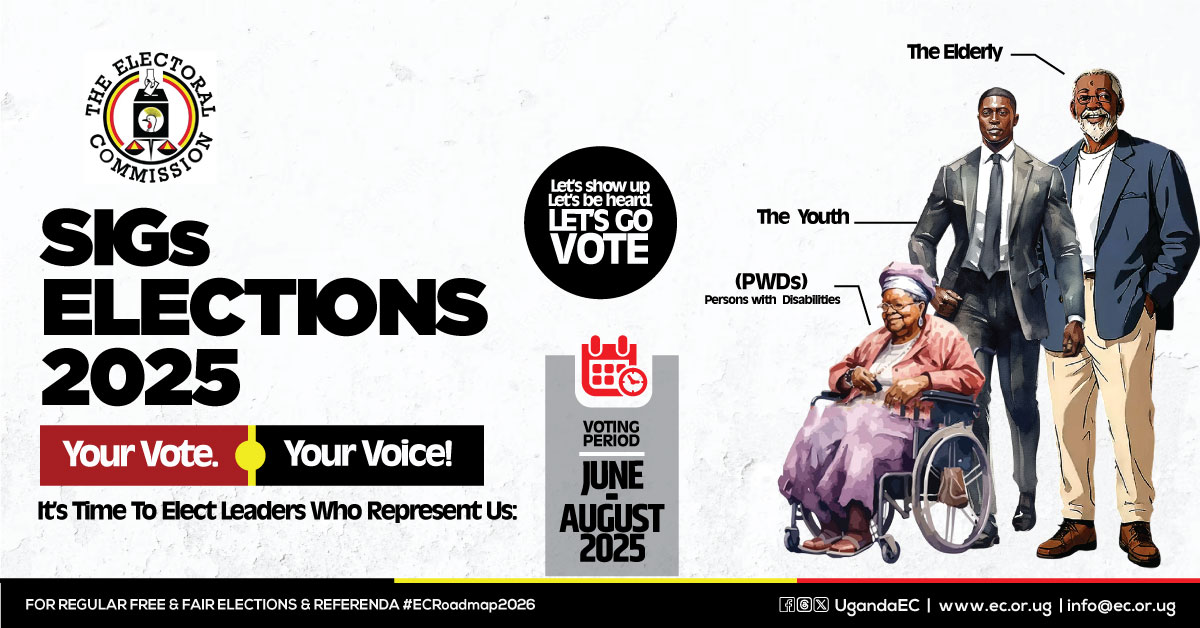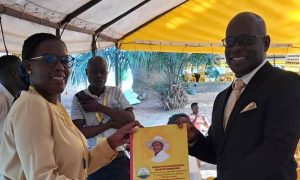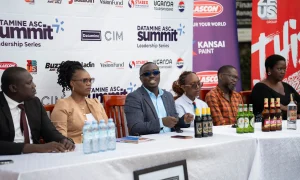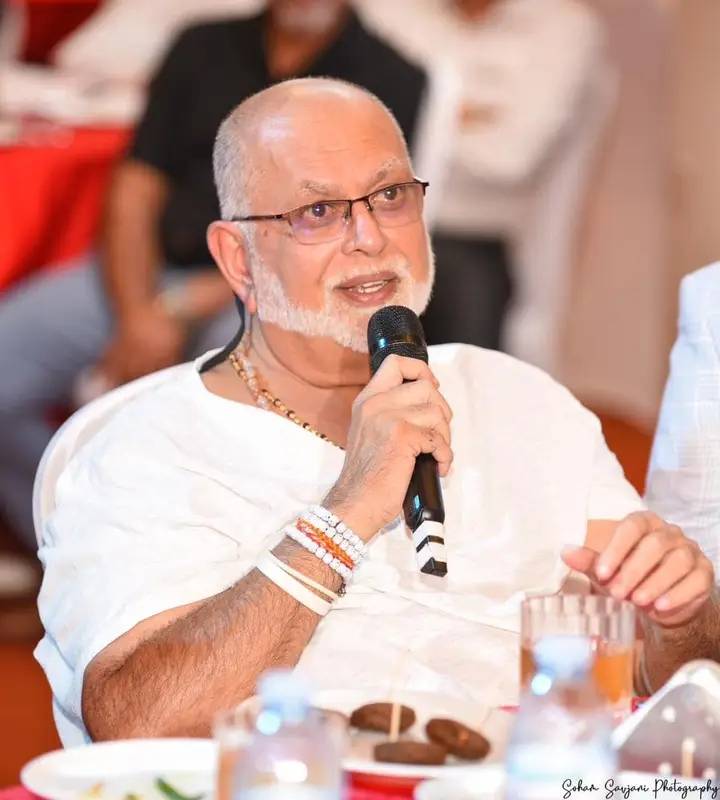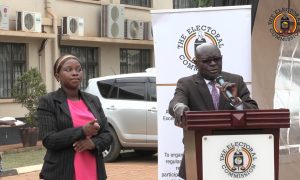The Uganda Revenue Authority (URA) has announced sweeping reforms in the management of consolidated cargo, effectively phasing out the long-standing role of “container leaders” in a bid to tackle tax evasion, smuggling, and systemic corruption at entry points.
The announcement was made by URA Commissioner General John R. Musinguzi Rujoki during a high-level stakeholder engagement convened at Hotel Africana in Kampala on Tuesday, June 17, 2025.
The meeting brought together customs officials, freight agents, and members of the Kampala City Traders Association (KACITA) to address persistent grievances over groupage cargo clearance inefficiencies.
Musinguzi said the authority’s decision was informed by widespread abuse of the groupage system, where intermediaries entrusted with consolidated cargo, commonly known as container leaders, have allegedly engaged in under-declaration and falsification of goods.
“Let us agree that the time has come to do away with container leaders. The level of under-declaration we are seeing is unacceptable and poses a significant risk to compliant traders and national revenue,” Musinguzi stated.
He urged traders to explore direct clearance as a fairer and more transparent option, assuring the business community of continued reforms to make self-declaration easier and more cost-effective.
Despite surpassing its collection target in the 2023/24 financial year—realising Shs 25.2 trillion against a target of Shs 24 trillion—URA estimates it still loses more than Shs 5 trillion annually due to smuggling, tax fraud, and illicit financial flows.
Musinguzi issued a stern warning to URA staff and clearing agents involved in unethical conduct, revealing that internal purges were already underway. “No one has a place in URA if they are engaging in fraud or colluding with smugglers. We are cleaning house,” he warned.
Hajj Asadu Kigozi Kisitu, Acting Commissioner for Customs, admitted to operational gaps within URA, noting that some customs officers have been part of rackets that delay cargo clearance or inflate charges.
“While some traders manipulate the system, we also acknowledge that some of our officers have not upheld the values we expect,” Kisitu said. “Both sides must change.”
He also took the opportunity to clarify the recently revised import duty on textiles. Under the current policy, T-shirts and similar garments now attract a tariff of USD 3.5 per kilogram or 35% of the customs value, whichever is higher. The adjustment, he said, is aimed at safeguarding Uganda’s textile industry and promoting local production.
The trader community, represented by KACITA Chairman Dr. Thaddeus Musoke Nagenda, welcomed the dialogue but demanded faster and more predictable customs procedures. “Many of our members’ shops are currently empty. The delays in clearing goods are hurting trade,” he said.
KACITA spokesperson Issa Sekitto echoed the sentiment, calling for sustained dialogue to mend relations between URA and business owners. “What we need is fairness, trust, and consistency,” he said.
An internal audit conducted by URA recently confirmed that groupage containers have been a major source of revenue leakage, leading to renewed enforcement measures and policy revisions.
Musinguzi concluded by reaffirming URA’s role as a facilitator of trade, not just a collector of taxes. “Our goal is a tax system that supports national development while allowing businesses to grow,” he said. “We can only achieve that through partnership and mutual accountability.”
The authority pledged to intensify taxpayer education, enhance transparency, and modernise customs operations to streamline cargo clearance and rebuild public confidence.


